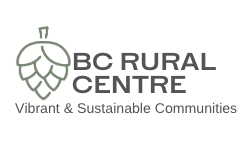Rural Education
For many rural communities, the difference between viability and extinction is the existence of a bustling local school.
Many rural places are struggling to retain their schools. Challenges include a steady outflow of young people to urban areas and a lack of 21st-century information and communications infrastructure. While the challenge to retain — let alone grow — rural schools is often a daunting one, there are ways forward.
While access to education is hugely important for all rural Canadians, it is particularly vital for Indigenous Canadians. With a population growth rate significantly higher than the national average, and clear evidence that Aboriginal employment rates increase dramatically with educational success, K-12 and post-secondary achievement is of vital importance for Aboriginal Canadians and the nation at large.
Related Articles
In the vast tapestry of our interconnected world, small rural communities often stand out as threads weaving…
Read More
Listen to the interview on CBC Radio: The Current with Mark Galloway | Canadian workplaces see increased…
Read More
Who should decide whether a smaller community is ready to welcome foreign-born residents? Who should participate in…
Read More
Rural schools — it’s difficult to imagine a thriving rural community without one. Yet across the rural…
Read More
In this BC Rural Centre report, we look at why rural schools close, and highlight experiences drawn…
Read More
Rural schools matter — a small town without a school is often a community without hope. This…
Read More
Do you have a relevant story, report, or link you'd like us to share?
Send us an email and let us know...
